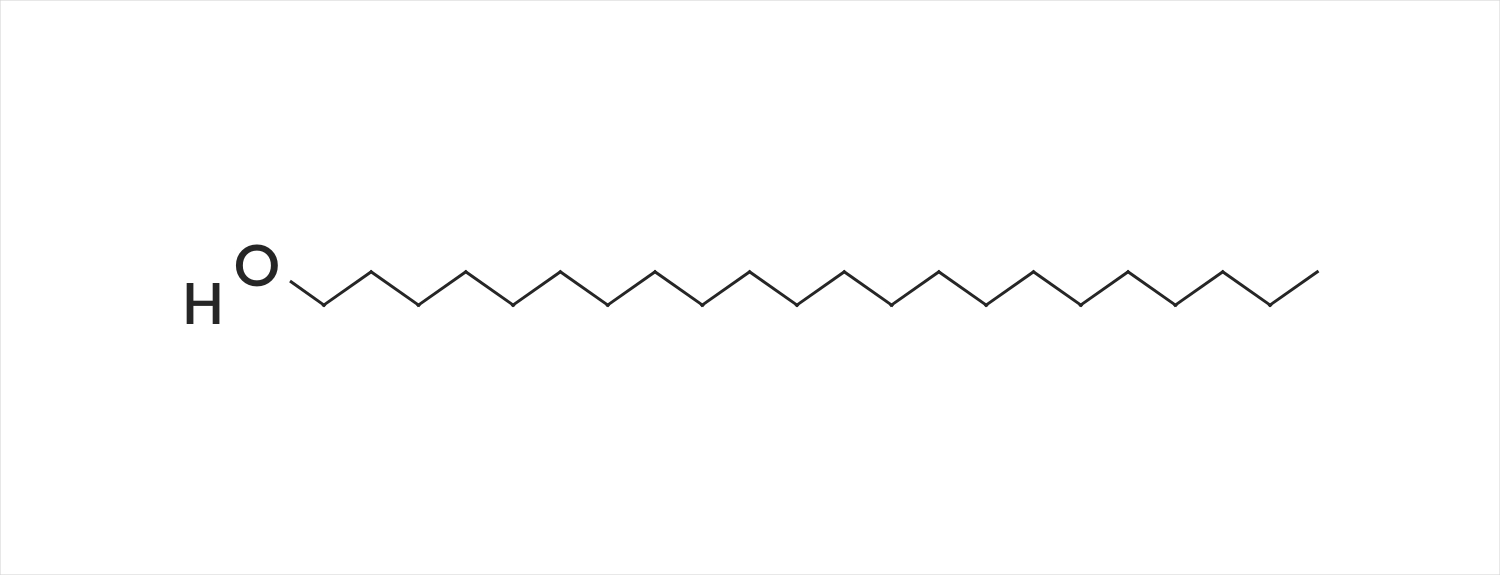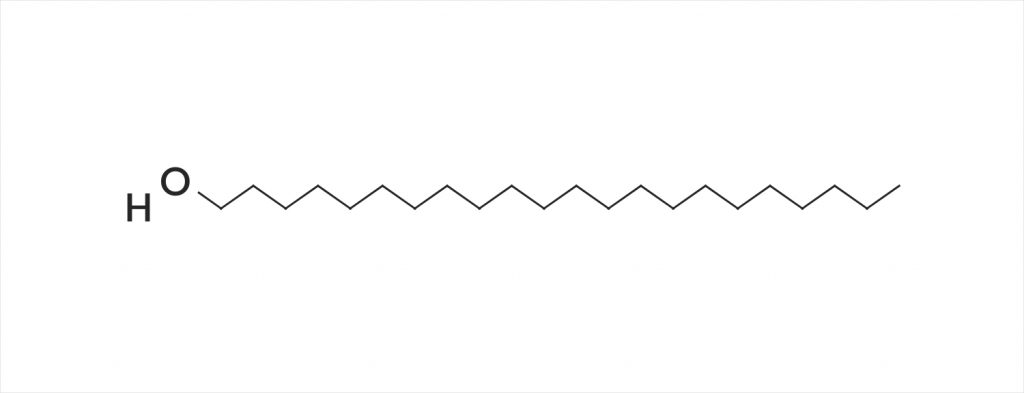
What Is Alcohol Denat?
Alcohol denat or denatured alcohol is one of the most common skincare ingredients, however, its name on the back of a package can make some people wary. This is mainly because alcohol is considered to be a drying ingredient. But not all alcohols are created equally.

The main controversial alcohols that are used in skincare are ethanol, ethyl alcohol, SD alcohol, or alcohol denat. Much of the controversy that surrounds these ingredients have to do with the rumors that they speed up aging, damage the skin’s natural barrier and create inflammation in the skin. These four types of alcohol are all essentially the same ingredient, alcohol denat.
The main difference between alcohol as you will be familiar with and alcohol in skincare is that alcohol that is used in cosmetic or skincare products has been denatured. Ethanol or alcohol in skincare has usually undergone a process called denaturation. Denaturation allows your skincare products and cosmetics to avoid the large taxes that are placed on alcohol-containing beverages.
Denaturation essentially means that the alcohol is made to taste bad through the use of a denaturant, making it unsuitable for drinking.
You may see an ingredient on the ingredients list of your product called alcohol denat or ethanol denat. This is an example of alcohol that has been denatured for cosmetic use.

Alcohol Denat
the good: Helps improve the safety and efficacy of skincare and cosmetic products. It also prevents bacterial growth and may help to treat blemishes.
the not so good: Can be irritating or drying to sensitive skin types.
Who is it for? All skin types except those that have an identified allergy to it.
Synergetic ingredients: Works well with most ingredients
Keep an eye on: Keep an eye out for the different ways alcohol is labeled on an ingredients list.
What Is An Alcohol?
Firstly, it is best to understand what an alcohol is. An alcohol is any carbon-based molecule that contains an OH or hydroxyl group. This includes ethanol, glycerin, sugars, and fatty alcohols. As you can probably imagine, they all have very different properties and uses, hence, no alcohols are created equal.
Some alcohols can be beneficial to the skin, however, when people are talking about alcohol in skincare they usually mean one type of alcohol, ethanol.
Ethanol, ethyl alcohol, SD alcohol, and alcohol denat are essentially the same thing. They are all the same as the alcohol in your glass of wine, with a few small differences. Hint: it doesn’t taste as nice.
Why Is Alcohol Used In Skincare Products?
There are a number of different reasons why alcohol may be used in your skincare products. The list below outlines some of the most common reasons for its inclusion.
Solvent
Ethanol is a solvent which means it helps other key ingredients to dissolve easily in your product. It is used when the ingredient isn’t able to be dissolved in an oil or water-based product. One example of this is salicylic acid, the well-known and much-loved skincare ingredient that helps reduce the appearance of acne.
It also is often used to dissolve plant extracts which can be hard to dissolve in water. Alcohol allows products to have an even distribution of the key ingredients throughout the formulation.
Cleanse
Traditionally, alcohol has been widely used in skincare products designed to cleanse the skin. Products such as astringent toners and make-up removers use alcohol to remove oils, waxes, and fats from the skin.
While this product is mainly out of fashion due to the drying nature of the product, its use in these product types was once a permanent feature of many skincare routines. This is probably where alcohols get their bad reputation from.
Preservative and Antibacterial
Alcohol, as you will probably be aware, is a great antibacterial ingredient. This is why it is often used in hand sanitizers, alcohol swabs, and household cleaning products. This can be beneficial to the skin as it can help to reduce bacterial growth.
This benefit can also be applied to your skincare or cosmetic product. While it isn’t used very commonly anymore, alcohol was once widely used as a preservative for skincare products, salves, and cosmetics.
Penetration
Alcohol is an ingredient that can be used to improve the penetration of other ingredients. Think of it as an ingredient that delivers key ingredients deeper into the skin.
Thickness
Alcohol can also be used as a thinner agent. This means that it thins out the product so that it can be applied evenly and smoothly to the skin.
Antifoaming
This one is mostly self-explanatory, ethyl alcohol can also act as an anti-foaming ingredient, helping to prevent foam from forming when the product is shaken.
Is Alcohol Denat Bad For The Skin?
The answer to this question is a little complex. The answer relates to how you use it, what products you use it in and what your skin type and condition are.
There has been a lot of research into whether alcohol in skincare is drying to the skin. When the skin is dry, it is more likely to look aged, dehydrated and flaky, so it is often an important question if you experience these symptoms. The research suggests that alcohol in skincare has a minimal effect on drying healthy skin. This research focuses on products with normal concentrations of alcohol.
However, the drying or dehydrating effect on the skin can be seen in products that contain a high concentration of alcohol such as astringent toners. These products, fortunately, are relatively out of fashion, mainly for the reason that they are often drying. So, it is best, particularly if you have dry or dehydrated skin to avoid products such as astringent toners.
Alcohol’s effect on the skin can also depend on your skin type and how healthy your skin is. If you have sensitive, dry, or damaged skin, alcohol-based products may worsen these conditions. However, if you have oily, combination, or normal skin, it is unlikely that most alcohol-containing products will not have any detrimental effect on the skin.
Is Alcohol Denat Vegan?
Yes, alcohol denat is a vegan ingredient. It is sourced from plant-based ingredients or is occasionally synthetically produced.
If you are looking for a vegan product, always check with the brand and ensure that the product you are interested in is cruelty-free.
Should Alcohol Denat Be Avoided?
Deciding whether or not to avoid alcohol denat is not always a clear-cut decision.
It comes down to your skin type – anyone with sensitive skin, rosacea, or oily/acne-prone skin may choose to avoid alcohols in skincare. But it also depends on how much alcohol is used in a product, which often isn’t easy to determine. In that case, a little trial and error or a patch test are beneficial to check for sensitivity.
And there are circumstances where you may want to try a product with simple alcohols, such as applying an acne cream just on a blemish. When used only in small areas, over-drying may not be an issue in those situations.
Should People With Acne-Prone Skin Avoid The Use Of Alcohol?
Generally, any high concentration alcohol-based product should be used sparingly and with low frequency. This lends these kinds of products to spot treatments and occasional toners.
For lower concentration products, they are generally fine for most skin types to use.
Keep in mind, while it is tempting and many of us have been told to use alcohol-based products if we have acne or oily skin, there is some evidence to suggest that it may disrupt the natural oil production of the skin. This may result in a compensatory overproduction of oil and sebum.
Is Alcohol Denat Safe?
The Cosmetic Ingredient Review Expert Panel, a group responsible for the independent evaluation of the safety and efficacy of skincare ingredients has reviewed alcohols in skincare.
The Expert Panel reviewed the safety of Alcohol Denat., including SD Alcohol 3-A, SD Alcohol 30, SD Alcohol 39, SD Alcohol 39-B, SD Alcohol 39-C, SD Alcohol 40, SD Alcohol 40-B, and SD Alcohol 40-C, and the denaturants, Quassin, Brucine Sulfate/Brucine, and Denatonium Benzoate.
Based on the available data the Expert Panel concluded that these ingredients are safe in their current concentrations and applications.
References:
Löffler H et al., How irritant is alcohol? Br J Dermatol 2007, 157, 74-81.
Lübbe J et al., Irritancy of the skin disinfectant n-propanol, Contact Dermatitis 2001, 45, 226-31.
Winnefeld M et al., Skin tolerance and effectiveness of two hand decontamination procedures in everyday hospital use, Br J Dermatol 2000, 143, 546-50.
Boyce JM, Kelliher S & Vallande N, Skin irritation and dryness associated with two hand-hygiene regimens: soap-and-water hand washing versus hand antisepsis with an alcoholic hand gel, Infect Control Hosp Epidemiol 2000, 21, 442-8.







